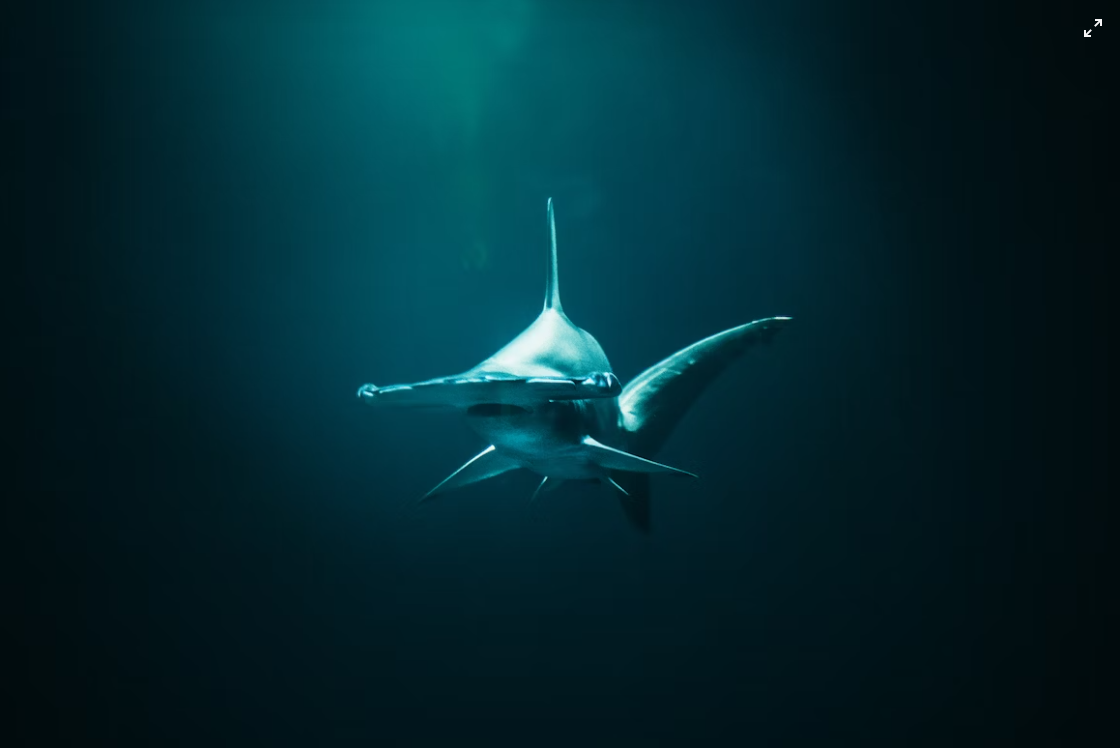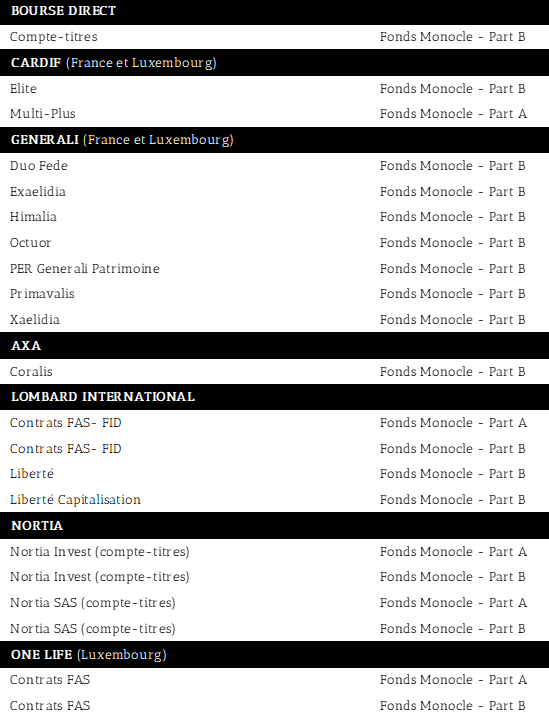
There’s a shark in my lipstick ?!
27 April 2023
We continue to see emerging opportunities in convertible bonds.
This week, Amyris, an American biotech company specialized in creating plant-based ingredients for the food and cosmetics industry, caught our attention. What Amyris does is synthetic biology, which involves modifying bacteria/microbes so that they can naturally produce molecules useful to man.
The story begins twenty years ago in the Keasling laboratory at Berkeley, when Jay Keasling and his team of post-doctoral researchers developed a methodology for producing isopentenyl pyrophosphate at commercially viable rates from yeast-fermented sugar. This breakthrough opened the door to a family of around 50,000 molecules with applications in pharmaceuticals, perfumes, cosmetics, and fuels.
First application: With funding from the Gates Foundation, they developed an antimalarial drug to replace chloroquine, which had become ineffective against new forms of malaria. Amyris' molecule allowed for a tenfold reduction in the cost of this treatment, which would be sold to Sanofi without royalties, benefiting millions of patients.
Second application: They then ventured into the biofuel sector to create an eco-friendly diesel. Technically, they succeeded, but the production cost was too high to be competitive. In 2010, Amyris shifted its focus to developing a biofuel alternative to diesel. They brought in a new CEO, John Melo, from BP, who took the company public and presented ambitious plans for biofuel development. However, it was a technical failure as the product's cost made it non-competitive. The stock market punished them severely, with a 90% drop in share prices.
John Melo then redirected the company towards value-added chemical components. They developed squalene, named after its natural occurrence in the livers of sharks, especially those found in deep waters. At the time, an estimated three million sharks were caught annually for their squalene. Amyris' molecule changed that. The company signed agreements with cosmetic manufacturers and, recognizing the public's sensitivity to these issues, also launched its own brand, Biossance.
The story is compelling, but the financial figures remain modest (annual revenue around $200 million, with the company incurring losses each year). Amyris finances itself by selling the rights to its molecules to its main customers. Recently, they sold three molecules to Givaudan, the Swiss fragrance group (market capitalization: CHF 29 billion).
"We are proud to expand our Active Beauty portfolio with these key cosmetic actives from our longstanding partner, Amyris. Neossance Squalane, Neossance Hemisqualane, and Cleanscreen provide added value by meeting our customers' expectations for innovative, sustainable, and effective beauty solutions," explains Markus Rassmann, Head of Active Beauty at Givaudan.
In addition, Givaudan and Amyris have signed a long-term partnership agreement, under which Amyris will continue to manufacture cosmetic ingredients for Givaudan and provide access to its innovation capabilities. Givaudan will become the commercial partner for Amyris' future sustainable beauty ingredients.
Furthermore, Amyris has also issued convertible bonds. The one that interests us was issued in November 2021 when there was euphoria, and the stock was valued at $7. Since then, the stock has split by ten, and the convertible bond has followed suit. It is now worth 24 cents per dollar. The principle is similar to Beyond Meat last week: if Amyris does not default, we will make four times the investment on this case.
If we reason one notch higher, if out of a portfolio of ten similar positions, half goes to zero and the other half triple, the total will be +50%. Therefore, valuing this type of investment essentially involves estimating the probability of severe default by the company. In our view, given Amyris' products, contracts, and expertise, this probability is lower than 50%.
PS:
Correction regarding Beyond Meat: following last week's post, I received some emails about the 15,000 liters of water per kilogram of beef. I went to verify. This figure is true. However, 93% of these 15,000 liters come from rainwater on pastures. So, it is true but misleading and deserves this clarification.
Disclaimer
This presentation is a promotional document. The content of this document is communicated by and is the property of Monocle Asset Management. Monocle Asset Management is a portfolio management company approved by the Autorité des Marchés Financiers under number GP-20000040 and registered with the ORIAS as an insurance broker under number 10058146. No information contained in this document should be construed as having any contractual value. This document is produced for information purposes only. The prospects mentioned are subject to change and do not constitute a commitment or a guarantee. Access to the products and services presented here may be subject to restrictions for certain persons or countries. Tax treatment depends on individual circumstances. The fund mentioned in this document (Monocle Fund SICAV) is authorized for marketing in France and possibly in other countries where the law permits. Before making any investment, it is advisable to check whether the investor is legally entitled to subscribe to the fund. The risks, costs and recommended investment period of the funds presented are described in the KIDD (key investor information documents) and the prospectus, available free of charge from Monocle Asset Management and on the website. The KIDD must be given to the subscribers before the subscription. Past performances are not a reliable indicator of future performances. Monocle Asset Management cannot be held responsible for any decision taken or not taken on the basis of information contained in this document, nor for the use that could be made by a third party. The investor may lose all or part of the amount of capital invested, as the funds are not capital guaranteed.
To unsubscribe or for any information request, you can email us at monocle@monocle.lu
